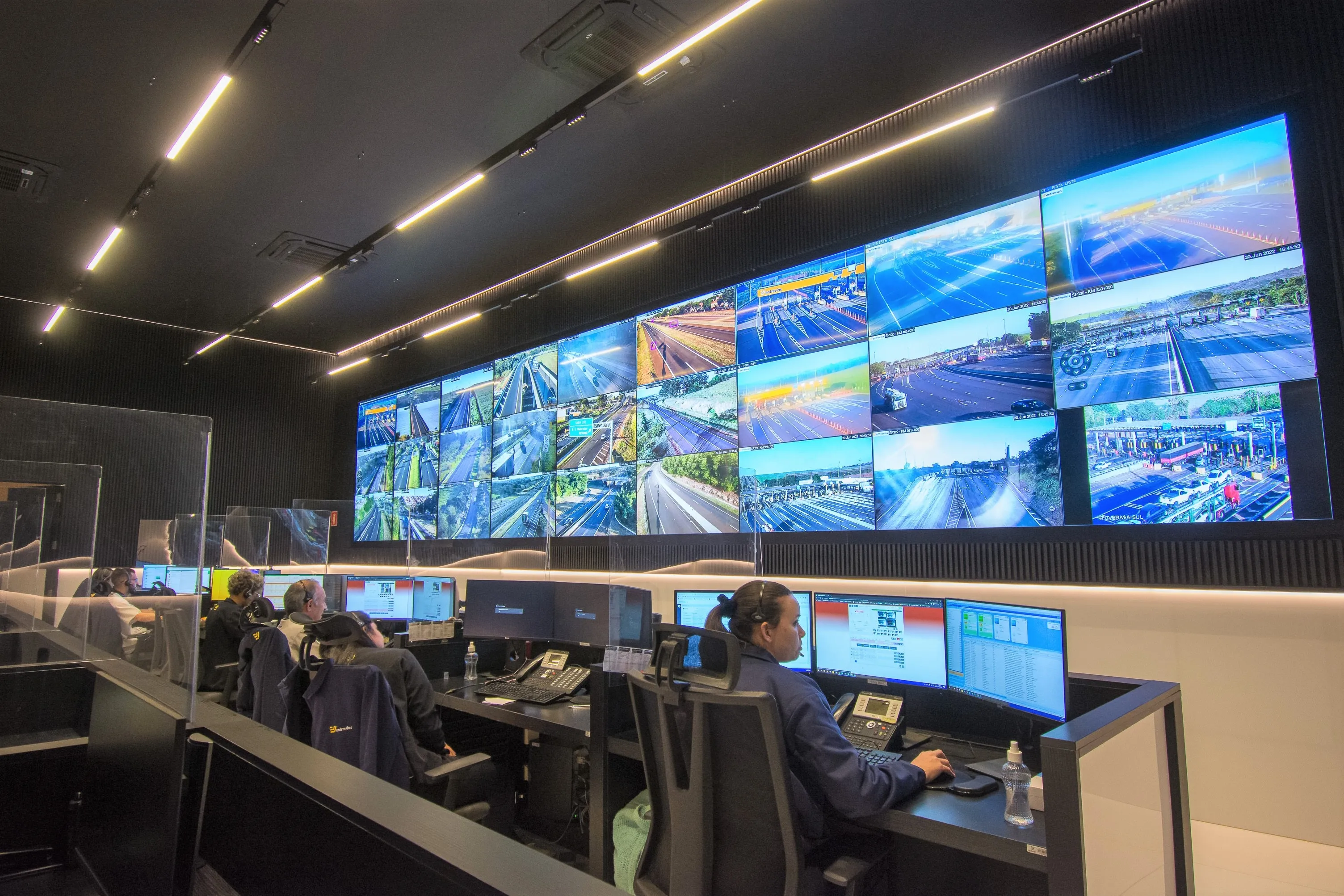Inrix, a leading provider of traffic information and driver services announced an exclusive partnership with MapLink, a leading provider of traffic and location-based services in Brazil. “Traffic congestion is one of Brazil’s biggest problems because the country’s infrastructure has not kept pace with its rapid economic growth,” said Inrix senior VP of business development Kush Parikh. “It’s come to a point where gridlock on the country’s roads is stalling further economic growth at a time when they can lea
June 6, 2012
Read time: 2 mins
RSS163 Inrix, a leading provider of traffic information and driver services announced an exclusive partnership with MapLink, a leading provider of traffic and location-based services in Brazil.
“Traffic congestion is one of Brazil’s biggest problems because the country’s infrastructure has not kept pace with its rapid economic growth,” said Inrix senior VP of business development Kush Parikh. “It’s come to a point where gridlock on the country’s roads is stalling further economic growth at a time when they can least afford it.”
A traffic jam in Sao Paulo on 23 May that created 452km (282.5 miles) of gridlock causing a 45 minute trip in traffic to take nearly four hours has renewed concerns over a possible breakdown on roads, airports, and communications systems when Brazil hosts the soccer World Cup in 2014 and the Olympic Games in 2016.
“São Paulo, Rio and other major cities throughout Brazil have some of the worst traffic congestion in the world,” said Frederico Hohagen, founder and sales director of MapLink. “The combination of MapLink data and Web services domestically with Inrix’ industry leading analytics will ensure we have the highest quality traffic information available to help industry and government address this taxing issue.”
Inrix will integrate MapLink’s data for more than 10,000km of highways, city streets and local roads into its traffic intelligence platform optimised for the delivery of next generation navigation and driver services applications in the car, online and on mobile devices.
“Traffic congestion is one of Brazil’s biggest problems because the country’s infrastructure has not kept pace with its rapid economic growth,” said Inrix senior VP of business development Kush Parikh. “It’s come to a point where gridlock on the country’s roads is stalling further economic growth at a time when they can least afford it.”
A traffic jam in Sao Paulo on 23 May that created 452km (282.5 miles) of gridlock causing a 45 minute trip in traffic to take nearly four hours has renewed concerns over a possible breakdown on roads, airports, and communications systems when Brazil hosts the soccer World Cup in 2014 and the Olympic Games in 2016.
“São Paulo, Rio and other major cities throughout Brazil have some of the worst traffic congestion in the world,” said Frederico Hohagen, founder and sales director of MapLink. “The combination of MapLink data and Web services domestically with Inrix’ industry leading analytics will ensure we have the highest quality traffic information available to help industry and government address this taxing issue.”
Inrix will integrate MapLink’s data for more than 10,000km of highways, city streets and local roads into its traffic intelligence platform optimised for the delivery of next generation navigation and driver services applications in the car, online and on mobile devices.










